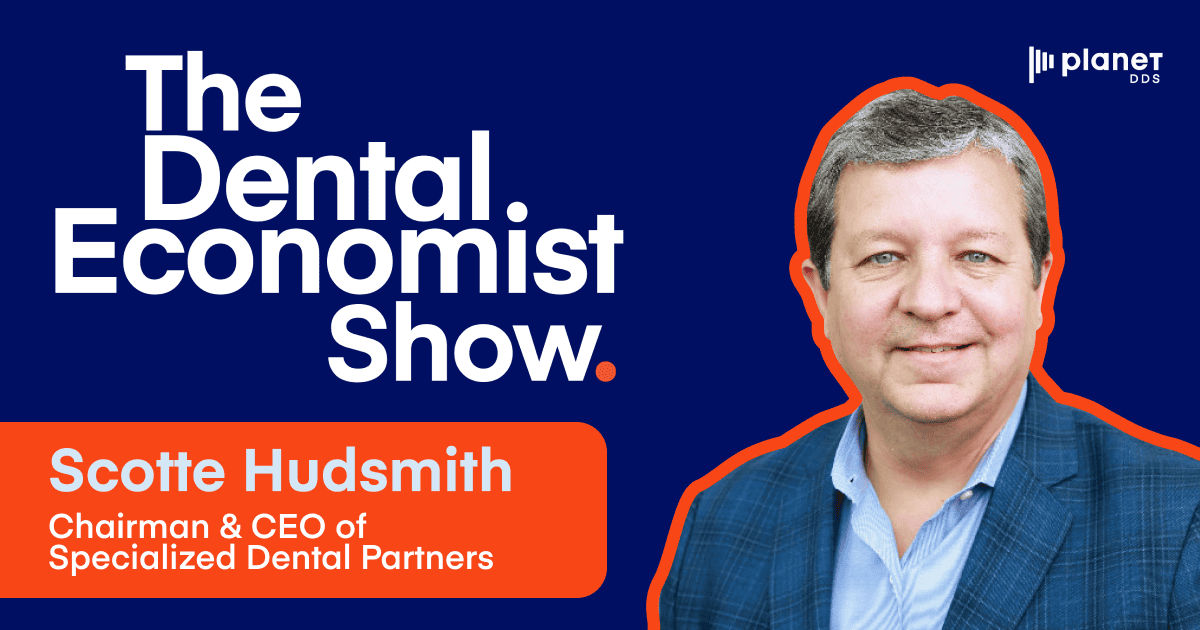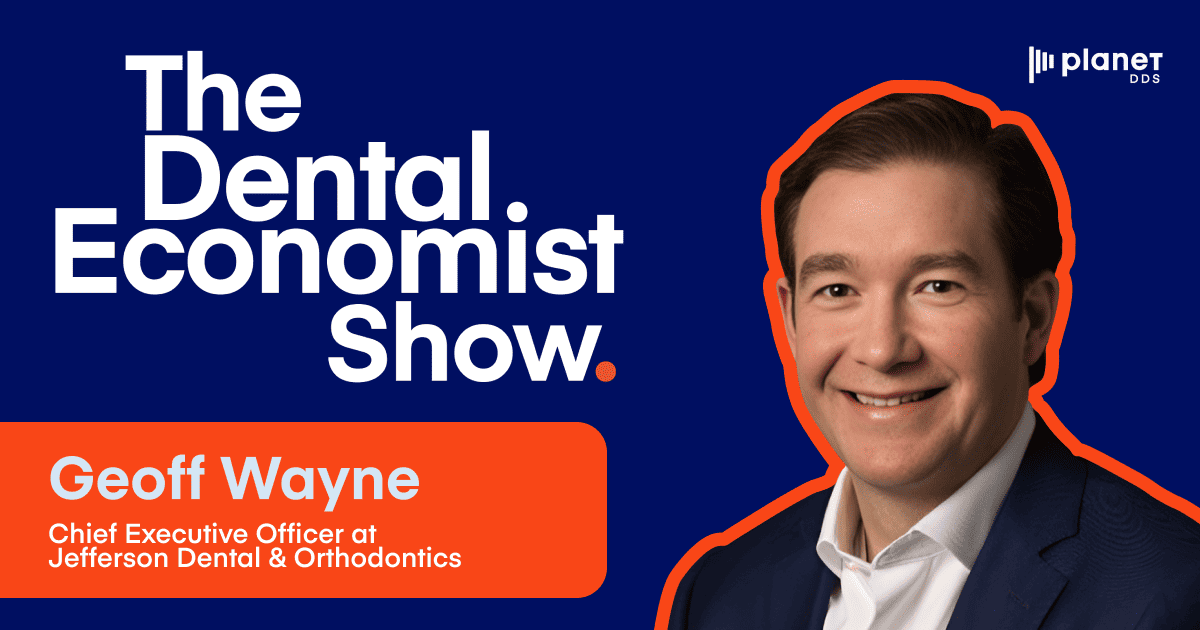A Comparison of Private Practice Dentistry and the DSO Model of Dentistry

As we look forward to 2024, it’s natural to reflect on the challenges experienced in 2020 and how they may have initially seemed to restrict your options in dentistry. However, it’s important to recognize that these industry shifts can also serve as a catalyst for embracing the resilient and robust Dental Service Organization (DSO) model.
While dentistry continues to evolve, the future remains bright and promising. Despite the factors that have impacted the field, such as changes in patient care protocols, increased expenses associated with personal protective equipment (PPE), temporary reductions in production during pandemic shutdowns, and other obstacles, the essence of dentistry perseveres.
By embracing innovation, adaptability, and a patient-centered approach, you can navigate through these challenges and emerge stronger than ever. The future dentistry landscape of 2024 holds tremendous opportunities for growth, advancement, and providing exceptional oral care to your patients. It’s a time to remain optimistic, resilient, and focused on the positive transformations that lie ahead.
A comparison of private practice dentistry and the DSO model of dentistry
Each model has its advantages. Those advantages might tip you one way or the other depending on the circumstances surrounding dentistry in general or your own personal issues relative to being a dental professional.
Patient care philosophy, personal preference, and the condition of your current team could sway you one way or the other as well.
Let’s briefly explore each as a type of comparison.
Private practice dentistry: the standard for independent dental professionals
Private practice dentistry has weathered decades of challenge, change, and innovation. It, of course, remains the benchmark model for new and established dentists.
As just mentioned, innovation has guided the evolution of private practice dentistry. And while new technologies and treatment protocols have emerged there may have been virtually nothing that appeals to you otherwise as a dental professional.
- As a private practice dentist you have a range of independence
- Decisions rest on your shoulders. This can be freeing or overwhelming at times
- On-call availability is manageable but consistently required
- You run-the-show whether you have the business savvy or not
The previous discussion primarily focused on the solo private practice, but it’s important to note that the private practice model has expanded to include the group practice model as well.
A private group dental practice introduces additional layers of complexity. However, for many practitioners, it offers the advantage of a built-in support culture as the workload is shared among two or more dentists or within a multi-site organizational structure.
In a group practice, some of the aforementioned responsibilities, depending on who assumes the role of CEO, can be distributed across the group or the organization as a whole. This allows for a more efficient division of tasks and resources.
Considering all factors, both the solo and group practice models offer pivotal advantages. In a solo practice, dentists have autonomy and full control over decision-making. On the other hand, a group practice provides the benefits of shared responsibilities, support, and potential for growth through collaboration.
Ultimately, the choice between the private practice models depends on individual preferences, goals, and the desired practice environment. Each model has its own unique advantages, and dentists can thrive and find success in either setting.
The DSO model of dentistry: freedom and support for dental professionals
Corporate dentistry via the DSO model revolves around management services. Those services provide the opportunity to off-load many of the daily business protocols to an affiliated organization. Practitioners are then able to focus less on the management side of the practice and give attention to the clinical care side.
The DSO (Dental Service Organization) model is gaining appeal for several significant reasons:
- Reduced Management Responsibility: Dentists who join DSOs can benefit from having less administrative and managerial responsibilities. This allows them to shift their focus more towards providing quality patient care and enhancing their clinical expertise.
- Financial Leverage: DSOs can provide dentists with financial leverage, which can be advantageous for various purposes. It can be used for debt elimination, facilitating a career transition, or planning for retirement. The support and resources offered by DSOs can help dentists achieve their financial goals more efficiently.
The number of DSOs is increasing, reflecting the growing popularity and success of this model in the dental industry. For a comprehensive understanding of the DSO model and information about leading DSOs, there are resources available that provide thorough overviews and insights. These resources can offer valuable knowledge and guidance to dentists who are considering exploring the DSO model further.
The Ongoing Growth and Evolution of the Top DSOs in the U.S.
How the DSO Dental Model Impacts the Dental Industry
How solo, DSO, and group private dental practices can enhance growth
Cloud-based systems provide valuable support to DSOs by enabling secure and seamless management of patient care across their entire organization, regardless of its size.
The advantages of cloud-based systems for DSOs include:
- Cost-Effective Technology and Data Management: Cloud-based solutions offer cost-effective technology and data management capabilities. These systems eliminate the need for extensive on-site infrastructure, reducing costs associated with hardware, maintenance, and IT support. DSOs can efficiently manage their data and operations in a streamlined manner, leading to enhanced productivity and cost savings.
- Easy Implementation for Routine Functions: Cloud-based systems, such as Denticon, offer easy implementation for routine team and dental practice functions. These systems are designed to simplify processes such as appointment scheduling, billing, and patient records management, ensuring smooth operations across the organization. With user-friendly interfaces and intuitive features, cloud-based platforms facilitate efficient workflows and reduce training time for staff.
- Secure Updates and Scalable Usage: Cloud-based software provides secure and regular updates, ensuring that DSOs have access to the latest features, enhancements, and security protocols. Additionally, these systems offer scalability, allowing DSOs to adapt and grow as their organizational needs evolve. Whether adding new locations, expanding the team, or increasing patient volume, cloud-based systems can accommodate the growth of the organization without disruption.
Denticon is recognized as a proven cloud-based Dental Practice Management Software in the current market, serving solo private practices, private group practices, and top DSOs across the United States. The robust features, reliability, and widespread adoption make it a trusted choice for dental organizations of varying sizes and structures.
Contact us for a demo to see how Denticon can streamline your systems and operational tasks as a private solo or group dentist or as an affiliated DSO.



